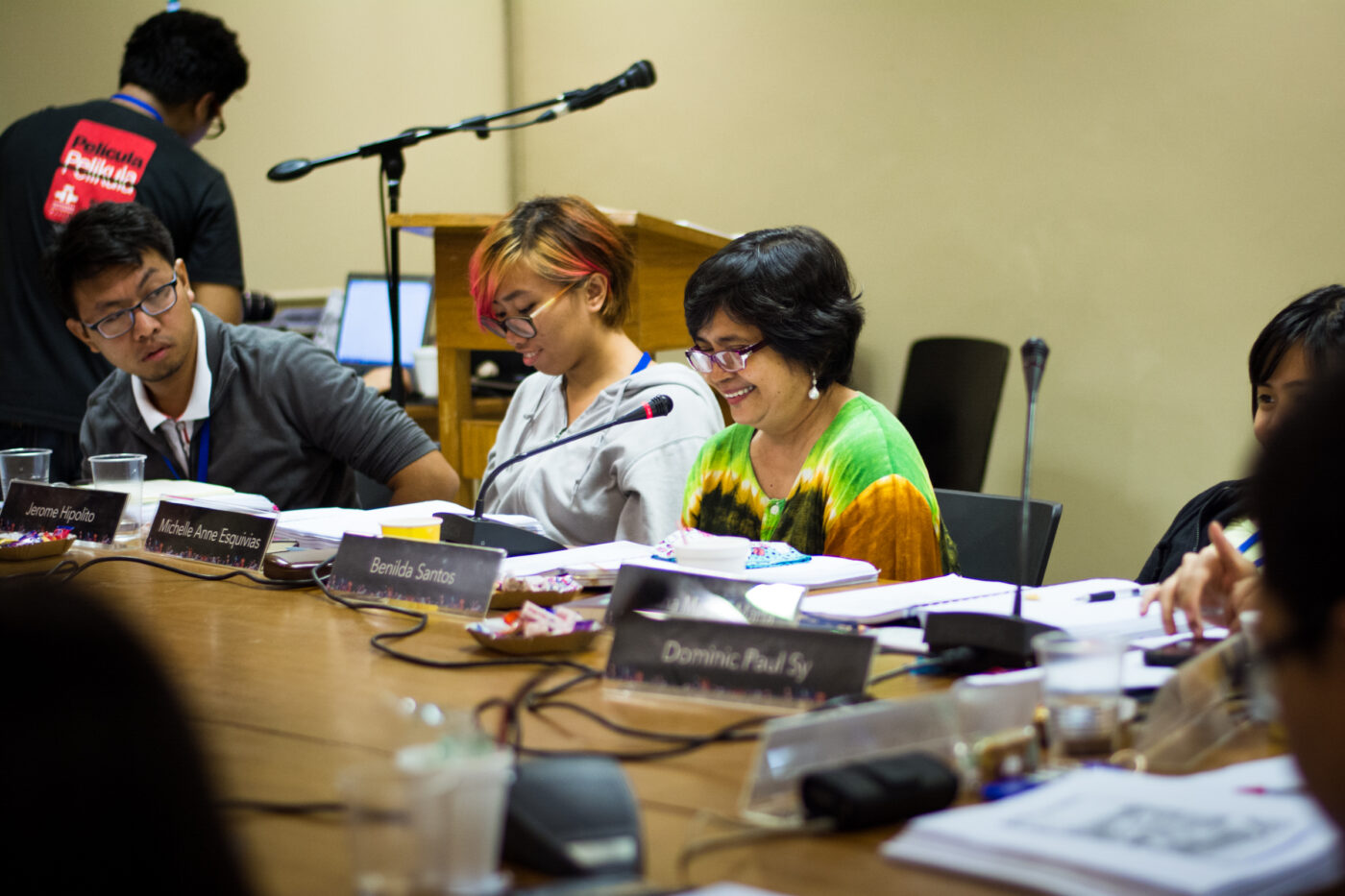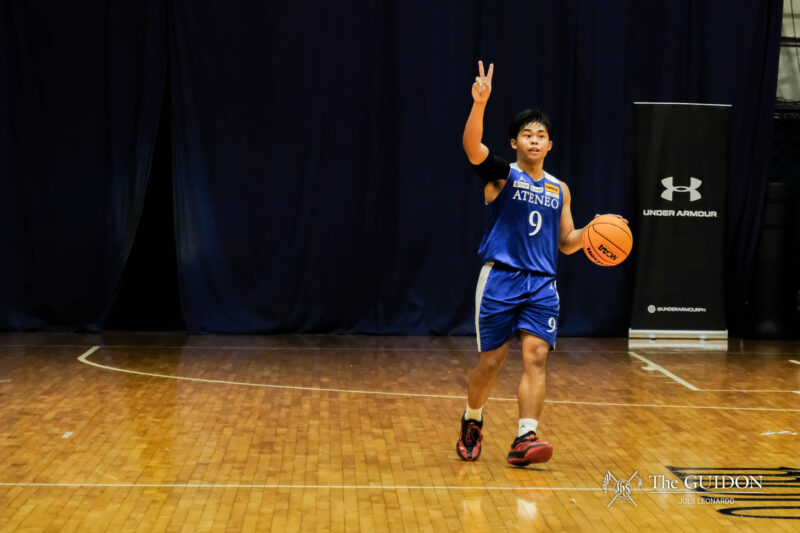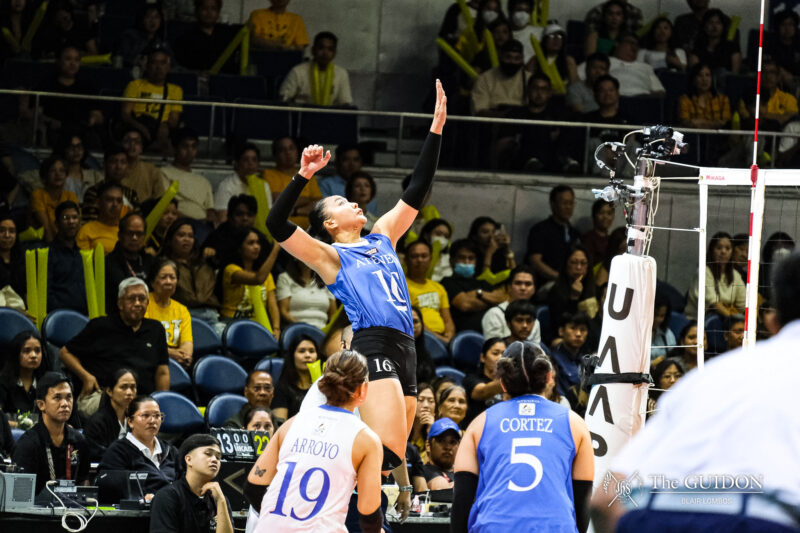THIS YEAR’S Ateneo National Writers’ Workshop (ANWW) aimed to innovate a well-rounded approach to writing with the addition of literary editorship and alternative publishing into its curriculum, according to Ateneo Institute for Literary Arts and Practices (Ailap) Acting Associate Director Mitch Cerda.
Organized by the Ailap, the workshop offered 15 chosen fellows a closer look into the literary community as well as the current state of the publishing industry in the country.
Now on its 12th year, the ANWW is an avenue for budding writers across the country to evaluate and improve their pieces with the help of distinguished names in the local literary industry.
The panelists for this year were composed of distinguished writers and scholars in the Ateneo: Professor Benilda Santos, PhD, Associate Professors Michael Coroza, PhD and Jerry Respeto, PhD, Assistant Professors Joseph Salazar, PhD, Edgar Samar, PhD and Alvin Yapan, PhD and Instructors Allan Derain and Allan Popa from the Filipino Department, Associate Chair Danilo Reyes, Instructors Alexis Abola and Mark Anthony Cayanan from the English Department, and Glen Sevilla Mas and Martin Villanueva from the Fine Arts Program.
The roster of panelists also included renowned writers from other universities: Literature professors Luna Sicat-Cleto, PhD, Ramon Guillermo, PhD, Rosario Cruz-Lucero, PhD from the University of the Philippines-Diliman, and Assistant Professor in Literature Vincente Groyon III from De La Salle University.
The ANWW was held from May 18 to 24 at the Natividad-Galang Conference Room of De La Costa Halland at the Pardo de Tavera Room of the Old Rizal Library.
Integration
Cerda explained that the workshop intended to “come full circle” by highlighting the importance of literary editorship in expanding the literary community.
He said that a thriving writing community is not just composed of writers, but editors and publishers as well. According to him, this diversity could be a means to help bring about a “mature writing community [in the Philippine context].”
“[In the field of writing], you do not engage with yourself alone. Eventually, you have to go out of your shell and create connections with your fellow writers who possess the same passion and dedication in writing,” he said in a mix of English and Filipino.
Alternative publishing, meanwhile, refers to the various ways that fellows can circulate their works, such as magazines and guerilla publishing.
Guerilla publishing is the process of getting a work published in small press publishers, which have a low budget for production.
Cerda stressed that by opening fellows to these opportunities, they can develop a more “open [writing-publishing] community” that is not limited to mainstream publications.
“Hindi lang tayo stuck sa mainstream… Puwede tayo magkaroon ng [iba’t ibang] uri ng attempts para palaguin talaga ang literary scene [sa bansa] (We are not just stuck with the mainstream. We can make different attempts to truly enrich the literary scene [n the country),” he said.
A diverse fellowship
Aside from developing promising writers, ANWW ultimately sought to create a diverse pool of writers who can learn from each others’ experiences.
Cerda noted that Manila-based writers usually dominate the workshop scene, which is why the ANWW this year wanted a more national reach.
“We didn’t want just one school of thought to be dominant because we can’t learn much from that. So as much as possible, we try to pick fellows coming from different backgrounds,” he said in a mix of English and Filipino.
Ellie Esquivas, a poet from Pasig City, shared that the workshop became the opportunity for her to enrich her knowledge and experience in writing and reading.
On the other hand, playwright Jerome Hipolito from Naga City said that he joined the workshop not only to improve his craft, but also to meet authors “outside the pages of their books.”
As for Norman Darap, a storywriter from Iloilo, the diversity of panelists and fellows in the workshop paved the way for a discussion that was conducive to new ideas.
Furthermore, Cerda explained that the panellists and speakers in the workshop were chosen for their different writing styles and breadth of experience in the field.
This allowed fellows to learn more as some panellists had different takes on the topics and have “experiences the others have yet to go through,” he said.
“We try to pick panelists who we feel are the best in their fields and at the same time, are very sharp in paying attention to the works of the writers,” Cerda said in a mix of English and Filipino.







